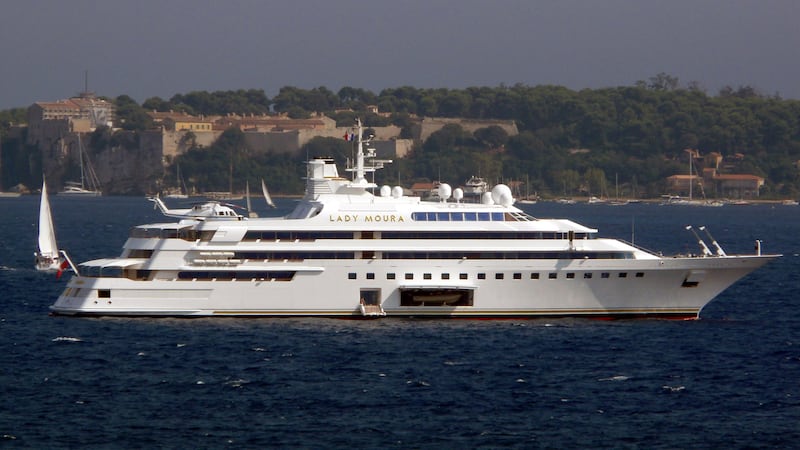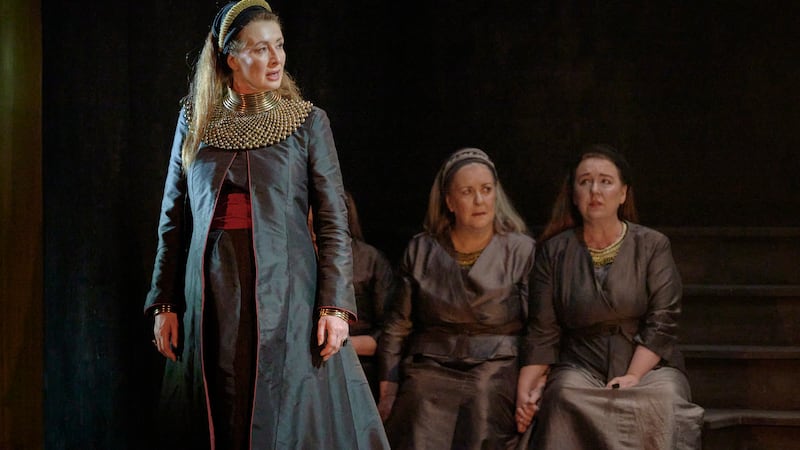DINNSEANCHAS
Carncoagh - Carn Cuach - Cairn of the Cuckoos
The townland of Carncoagh is recorded as Ballicarncowgh in 1606, as Carnecough in 1637 and as Carncogh c.1655 and the most satisfactory interpretation of the place-name appears to be Carn Cuach ‘cairn of cuckoos’.
O’Laverty (iii 458) informs us that “in 1827 many bones and ashes were found in the townland of Carncoagh’ and that ‘about the year 1858 John Pettigrew found under a quantity of stones in his farm in Carncoagh, an oblong hollow space formed of rude flat stones, covered by a large flat slab. In this were discovered a very perfect stone urn and a remarkable lozenge shaped stone implement, but no bone or other remains…The stone urn was found mouth upwards, and was probably a vessel which contained food intended for the use of the person whose body was interred in the carn.” By Pat McKay
SEANFHOCAL
Armad ard in crand is móide co mór benaid na gaetha fris.
The higher the tree is, the greater the winds beat upon it.
I got this from the wonderful website sengoidelc.com which is compiled by the learned American Dennis King. You should follow Dennis on twitter at sengoídelc where he offers a daily saying from medieval Irish.
As for the above, he says: “The full sentence, which is found in Tegasc Ríg Solmain in the Yellow Book of Lecan, col. 865, is:
Armad ard in crand is móide co mór benaid na gaetha fris,
ocus cach airde bias in torad bid trumaide a thuind-seom ac toitim.
… and the higher the fruit is, the greater its crash when it falls.”
The proverb could refer to a certain football match in Croke Park on Saturday night ...


